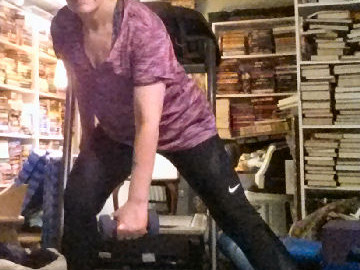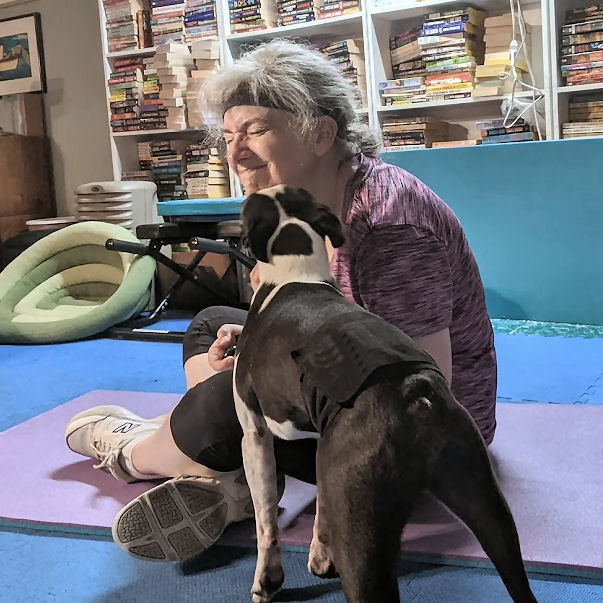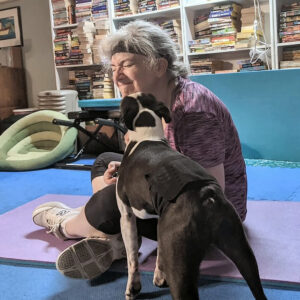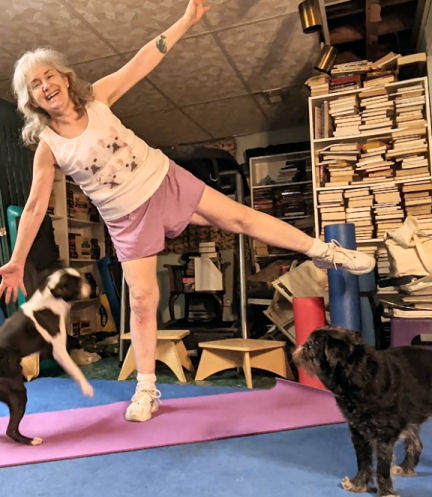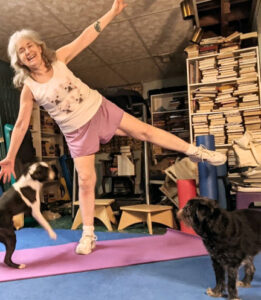I’m not on social media much, and when I do feel the urge to see what’s happening, it’s usually on Facebook. I do get lots of emailed newsletters, though, and something struck me this week. One of the fitness platforms I follow did a survey on Instagram and found that, despite the posts showing lots of exercise going on, people lie about their exercise routine. Apparently some people post gym selfies but aren’t really working out. And that makes me sad.
Why aren’t people working out
Why does it make me sad that people lie about working out? Because they’re not really getting the benefits that they could be from exercise. Data collected in a study done by Journal of Family Medicine and Disease Prevention found that people aren’t working out most commonly because of time constraints. Granted, it takes time to go to the gym, change, exercise, change back and drive back to work or home. And sometimes exercise is the least of it. But you can get in a great workout in 20 minutes at home. I know that 20 minutes is about the outside limit for my dogs getting a good nap before they get in my way. If there are kids, you can get your workout in early or late, or when the children are down for naps. The key to having effective short workouts is that you exercise with intensity and focus.
Lying about your exercise routine hurts you
PS Fit asked its Instagram followers who actually do work out why they exercise. It’s no surprise that many responded that they exercise for their bone health, increased mobility and energy. Many replied that they exercise to benefit their mental health. And still others exercise to increase their resiliency and to provide stress relief.
Why do I exercise?
Besides burning a few calories to justify pizza for dinner, I exercise to be a nicer person. So, I lean into the mental health aspect of exercise benefits. Exercise makes me happier and easier to live with. All of which I want to have continue.
Don’t lie about your exercise routine. Be honest with yourself above all. If you don’t feel like exercising, as I’ve said, then taking a day off won’t make a whole lot of difference. But, if it becomes more than a day or two that you’re not exercising because you don’t feel like it, then perhaps it’s time to take a look at your routine. See if a different kind of workout might make you happier and more inclined to do it. Because lying about your exercise routine hurts no one but yourself.

